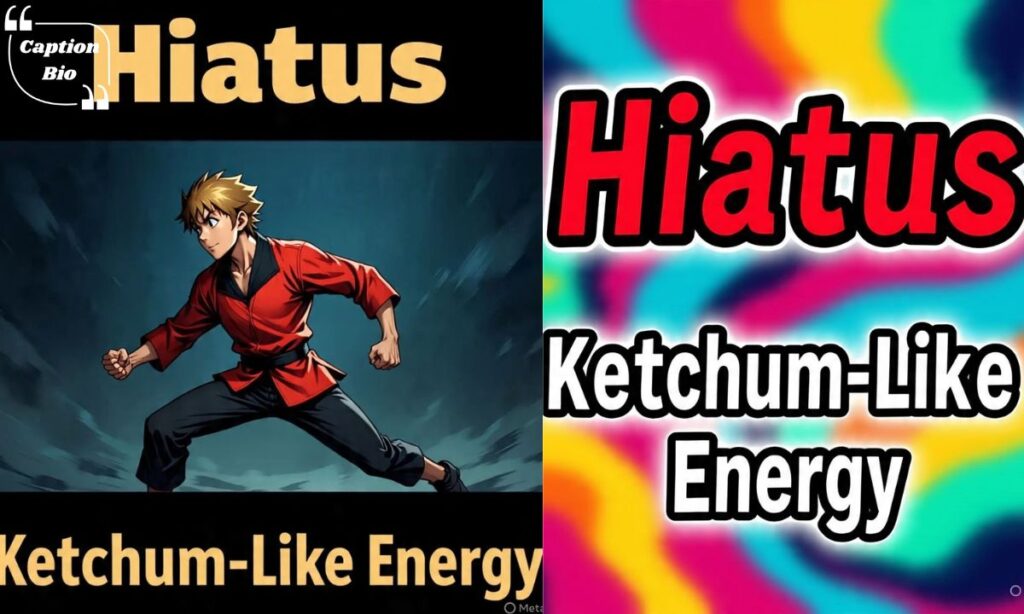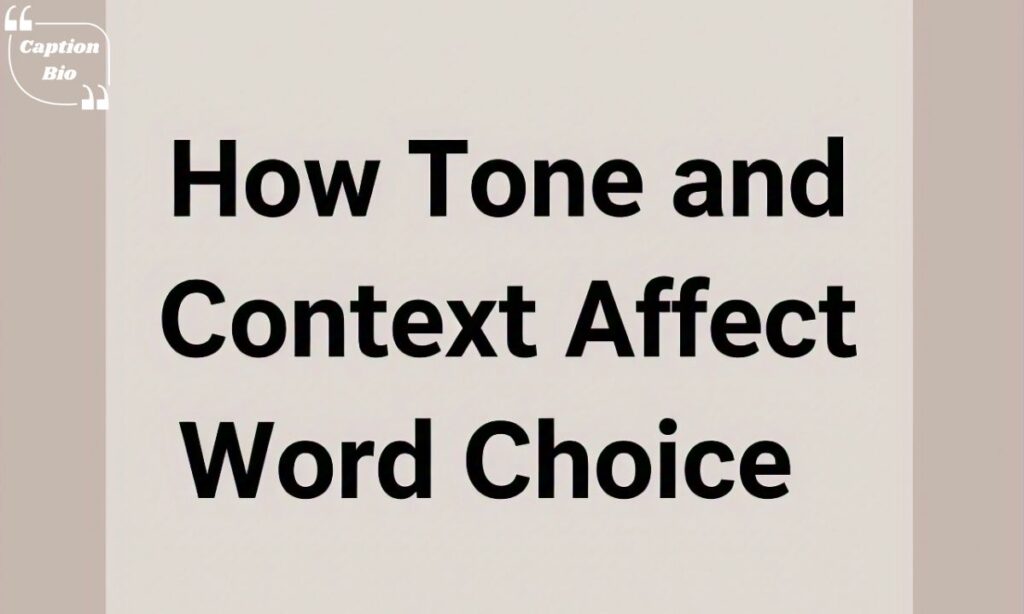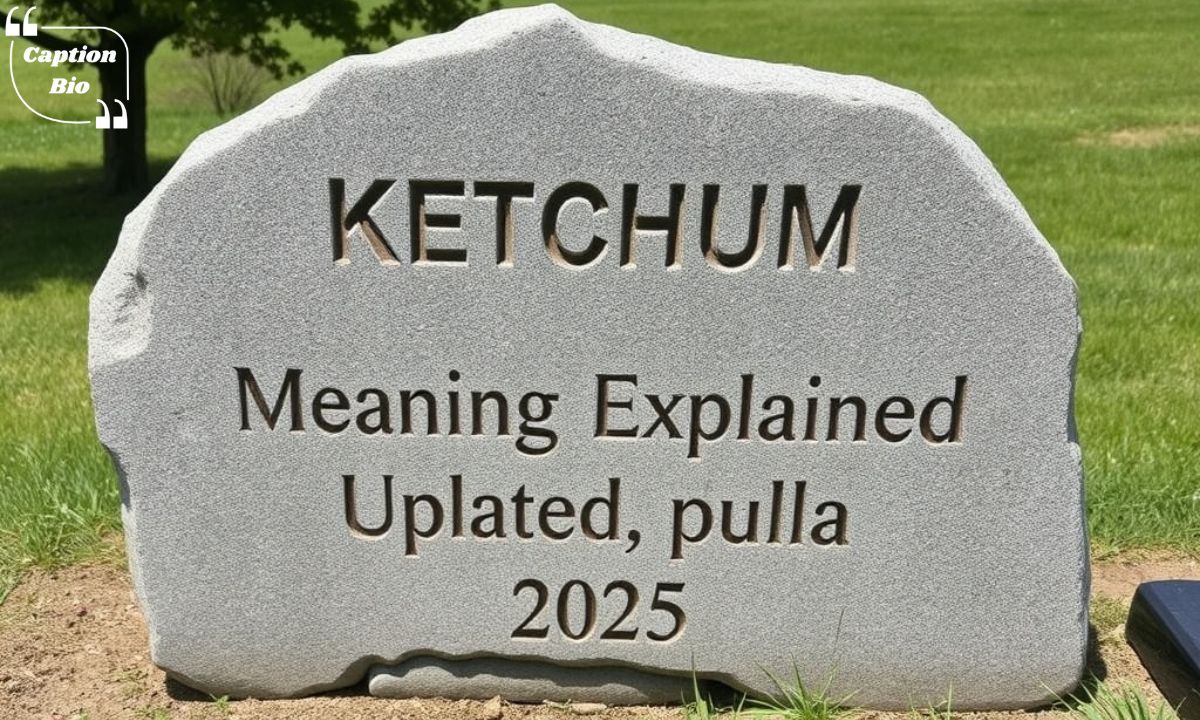Language is constantly adapting, shaped by the way people think, feel, and communicate. Every word has a story—some rooted in history, others emerging from pop culture or everyday conversations. One such term that sparks interest is “Ketchum.” While it may sound like a playful reference to a fictional world, the word has more depth than it first appears.
In this guide, we’ll break down the meaning and origins of Ketchum, explore the definition of hiatus, and present a variety of alternative phrases that convey similar ideas. We’ll also discuss how tone, context, and intention influence the choice of words.
What Does “Ketchum” Mean?
“Ketchum” is a surname of English origin, believed to have come from a place name associated with settlements or homesteads in historic England. Today, it is most famously linked to Ash Ketchum, the iconic protagonist of the Pokémon series, whose name cleverly reflects the slogan “Gotta catch ’em all!” This pop culture association has transformed “Ketchum” into a symbol of unwavering ambition and determination. In modern slang, it’s even used to describe someone pursuing their goals with intense passion and focus, often in a playful or lighthearted way.
Etymological Roots
The surname Ketchum is believed to have English origins, likely derived from a place name. In older naming traditions, family names often reflected where someone lived, their profession, or a defining trait. “Ketchum” may have stemmed from a term describing a home or settlement, linking it to a specific geographic area.
This historical background grounds the term in ancestry and geography, though its modern-day recognition owes more to media and cultural references than its original roots.
Pop Culture Recognition
For many, the name “Ketchum” instantly recalls Ash Ketchum, the determined young Pokémon trainer from the world-famous animated series. His surname cleverly echoes the show’s tagline: “Gotta catch ’em all!” This wordplay helped cement “Ketchum” as a symbol of persistence and ambition worldwide.
Over time, fans and online communities have used “Ketchum” as shorthand for someone relentlessly chasing a dream or goal—mirroring Ash’s tireless journey.
Modern and Slang Usage of “Ketchum”
In modern contexts, especially within online and youth culture, “Ketchum” has taken on playful and symbolic meanings beyond its original surname roots. It is often used informally to describe someone who is fully committed to chasing a goal, drawing inspiration from the tireless spirit of Ash Ketchum in Pokémon. As a verb, it can mean actively and enthusiastically pursuing something—such as “Ketchum-ing a dream” or “Ketchum-ing success.” As an adjective, it conveys high-energy ambition, describing situations, efforts, or individuals that are intensely focused and driven, sometimes to the point of being a little chaotic. This slang usage relies heavily on shared cultural awareness, making it a fun and expressive way to talk about determination.
Ketchum as a Verb (Informal)
In casual settings, “Ketchum” can be humorously turned into a verb meaning to pursue something with intense focus and energy.
Examples:
- “She’s been Ketchum-ing every opportunity that comes her way.”
- “He Ketchums his goals until he sees results.”
This playful twist works best in informal conversations or communities where the Pokémon reference is well understood.
Ketchum as an Adjective (Slang)
Used as an adjective, “Ketchum” describes an effort or vibe full of drive and sometimes chaotic determination.
Examples:
- “Their brainstorming session was totally Ketchum—fast-paced and passionate.”
- “His approach to training is pure Ketchum—no breaks, just nonstop action.”
What Does “Hiatus” Mean?
“Hiatus” is a term derived from the Latin word hiare, meaning “to gape” or “to open,” and in English, it refers to a temporary break, gap, or interruption in an ongoing activity. It is often used to describe pauses in work, creative projects, careers, or routines, with the understanding that the break is intentional and not permanent. Commonly seen in contexts like entertainment, academics, and personal life, “hiatus” carries a neutral or even positive tone, suggesting a period of rest, reflection, or preparation for a return. Rather than signaling an end, it implies a deliberate pause taken to recharge or refocus.
Simple Definition
“Hiatus” comes from the Latin word hiare, meaning “to gape” or “open.” In English, it refers to a pause or temporary break in a process, routine, or activity.
Usage in Sentences
- “The artist is taking a hiatus from exhibitions to focus on new work.”
- “Our show will be on hiatus until production restarts.”
- “He’s taking a hiatus from social media for mental clarity.”
Connotation of “Hiatus”
The term often carries a neutral or even positive implication, suggesting that the break is purposeful and that a return is expected. It’s not an ending—it’s a pause for recovery, preparation, or redirection.
Alternative Phrases for “Hiatus” and “Ketchum-Like Energy”

1. Taking a Breather
Context: Casual, friendly conversations or personal updates.
Meaning: A short pause to rest, relax, or clear the mind before continuing.
Example: “After that long meeting, I’m taking a breather before diving into my emails.”
2. Pressing Pause
Context: Semi-formal to informal settings, often in creative or project work.
Meaning: Temporarily stopping an activity with the intention to resume later.
Example: “We’re pressing pause on the campaign until we finalize the new strategy.”
3. On Hold
Context: Professional and procedural communication.
Meaning: An activity or process is officially suspended for the time being.
Example: “The product launch is on hold while we address the technical issues.”
4. On Sabbatical
Context: Academic, research, or professional leave announcements.
Meaning: A planned break from work, usually for rest, research, or personal projects.
Example: “Dr. Lewis is on sabbatical to work on her new book.”
5. Taking Time Off
Context: Universal—suitable for both personal and professional use.
Meaning: Stepping away from work or regular duties for rest or personal reasons.
Example: “I’m taking time off next week to spend time with my family.”
6. Stepping Back
Context: Respectful and gentle, often used when reducing involvement.
Meaning: Temporarily withdrawing from responsibilities to rest or focus elsewhere.
Example: “He’s stepping back from his leadership role to focus on his health.”
7. Pausing for Reflection
Context: Thoughtful or introspective discussions.
Meaning: Taking a break to evaluate progress, decisions, or future plans.
Example: “I’m pausing for reflection before deciding my next career move.”
8. Scaling Down
Context: Professional, strategic, or business-focused settings.
Meaning: Reducing the size, scope, or intensity of operations temporarily.
Example: “The company is scaling down marketing efforts during the slow season.”
9. All In
Context: Energetic and casual, often in sports, business, or passion projects.
Meaning: Committing fully and wholeheartedly to a task or goal.
Example: “Ever since I started my bakery, I’ve been all in to make it succeed.”
10. Hyper-Focused
Context: Professional or personal productivity discussions.
Meaning: Giving undivided attention to a specific task or objective.
Example: “She’s hyper-focused on completing the app before the deadline.”
11. Giving It My All
Context: Universal—works in both formal and casual speech.
Meaning: Putting maximum effort, dedication, and energy into something.
Example: “I’m giving it my all to prepare for the final round of interviews.”
How Tone and Context Affect Word Choice

Formal Settings
In professional communication, expressions like “on hold,” “on sabbatical,” or “scaling down” sound polished and non-disruptive.
Example: “The initiative is currently on hold pending approval.”
Casual Conversations
In friendly or personal chats, terms such as “taking a breather” or “pressing pause” feel more relaxed and relatable.
Example: “I’m just pressing pause on projects to recharge.”
Creative and Passionate Contexts
When talking about intense dedication, “all in,” “hyper-focused,” or “in Ketchum mode” capture that fiery energy.
Example: “Ever since the idea struck, I’ve been in Ketchum mode—unstoppable.”
Cultural Shift in Using Expressive Language
With social media blending personal and professional worlds, language has become more flexible. People mix casual and formal expressions to communicate authenticity while maintaining clarity. Words like “hiatus” and “Ketchum” now serve both as personal storytelling tools and branding language.
Conclusion
“Ketchum” and “hiatus” may come from very different origins—one from surname history and pop culture, the other from Latin roots—but both carry strong symbolic meanings today. Ketchum stands for driven, relentless ambition, while hiatus signals an intentional and often necessary pause.
By choosing from alternatives like “stepping back,” “hyper-focused,” or “taking time off,” you can tailor your message to fit the situation, whether professional, personal, or passionate. Language is a bridge between thought and connection—select each word with purpose.

Jane Doe, founder of CaptionBio.co.uk, crafts heartfelt messages to inspire love, gratitude, and daily positivity. Let’s spread kindness through words!






